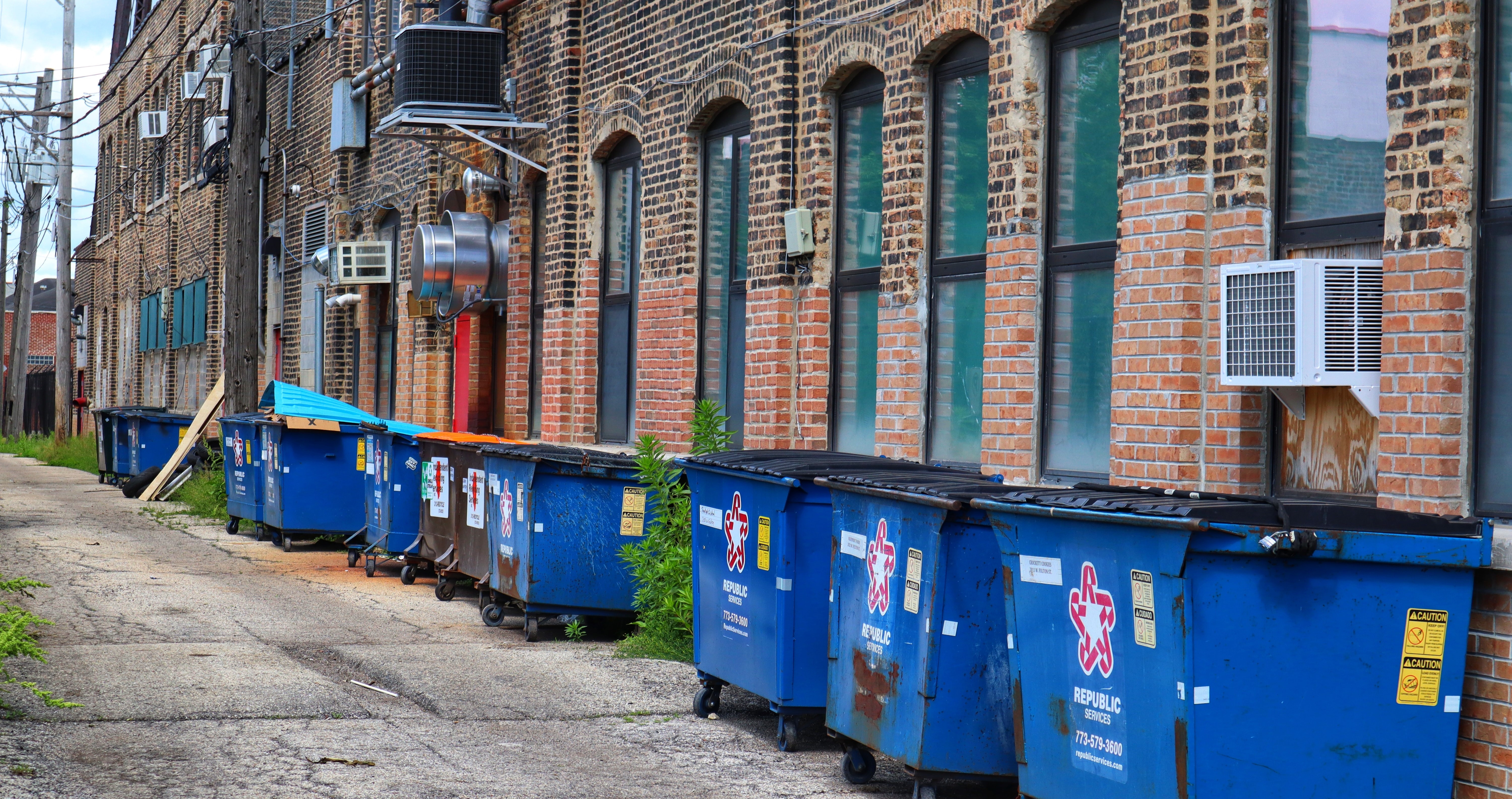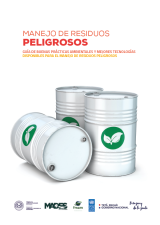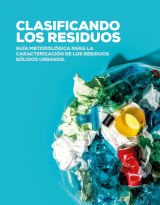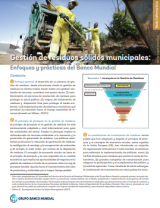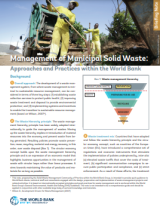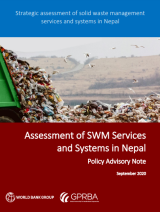Solid Waste Management
The World Bank’s Solid Waste Management Knowledge Silo Breaker is a community of practice created to share knowledge between practitioners of all affiliations. Through document sharing, discussions, and events, it aims to increase the awareness of solid waste issues and innovations across the globe.
The community’s objectives are: share experiences and resources to learn from solid waste management projects across the World Bank Group; further technical knowledge; strengthen projects by including environmental, social, urban, gender, sustainable financing, and climate perspectives and expertise when relevant; and learn about the latest innovations globally.
